Police are the Problem, Not the Solution
The Indypendent
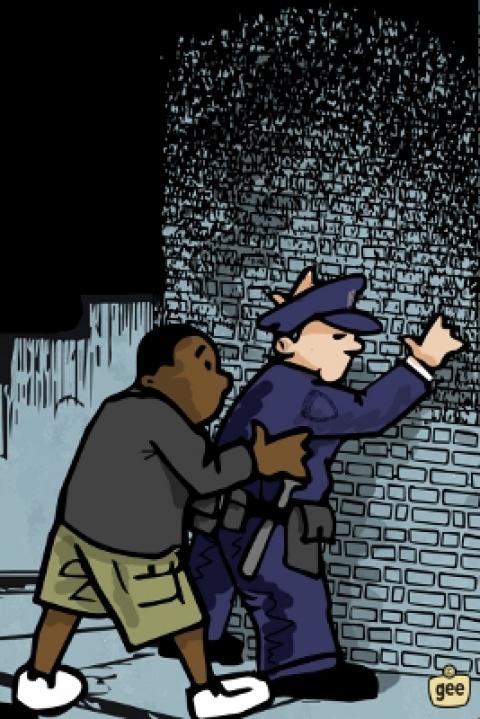
The author argues convincingly and in graphic detail that the problem with police in civil society is not just the lack of adequate training, police diversity, increased militarization or even police methods such as the routine brutalization of many people of color, but the dramatic and unprecedented expansion in the last four decades of the too-accepted social role of police. The problem, the sociologist-author insists, is policing itself.

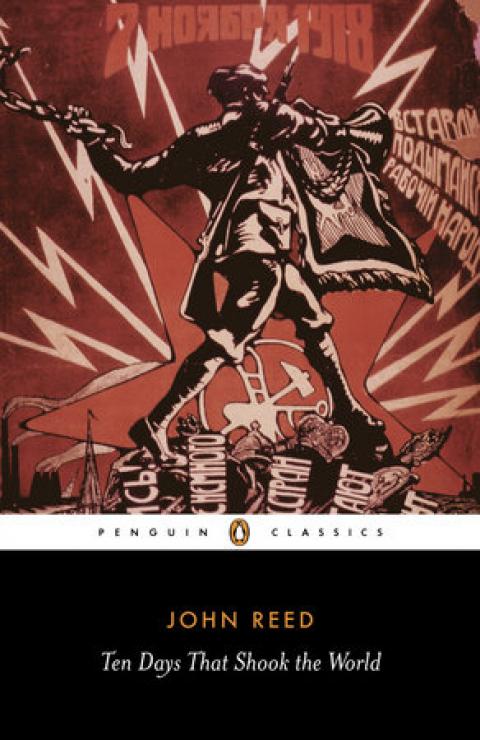
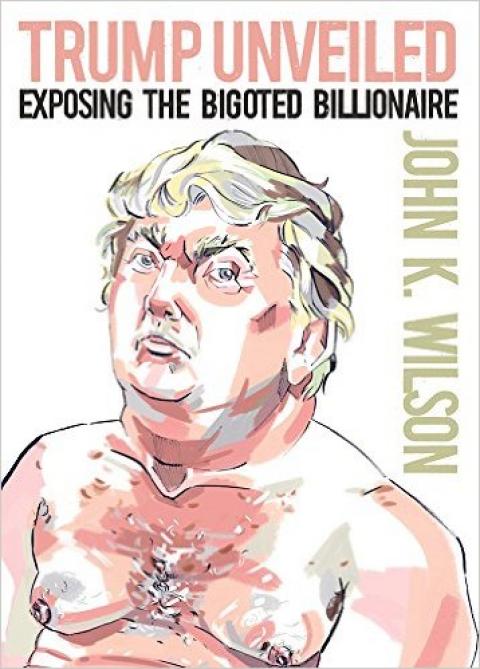
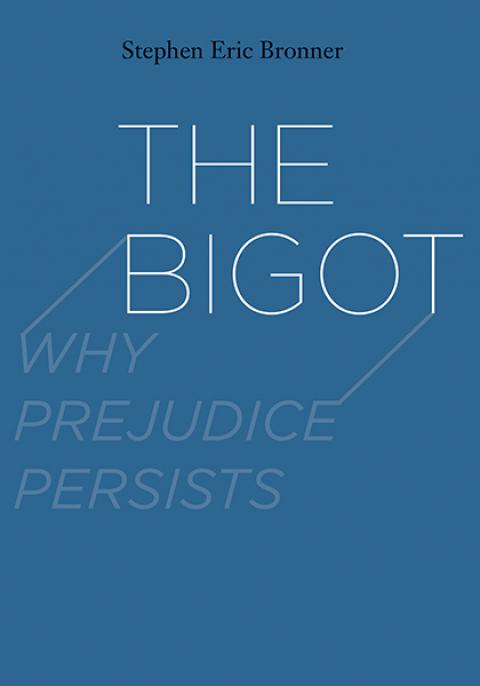
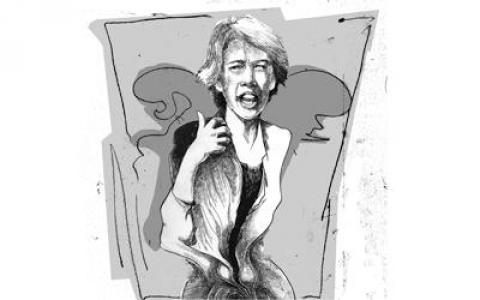
Spread the word